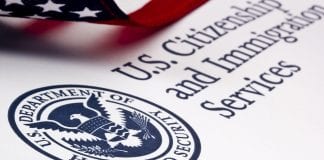Guyana’s 65-seat legislature approved significant updates to the nation’s aviation laws late Friday, citing national security and public safety as the primary motivations.
The modifications include provisions for intercepting aircraft unlawfully entering Guyanese airspace and the establishment of “no fly zones” to control or prohibit foreign aircraft from traversing designated areas.
Future-proofing aviation regulations
The Civil Aviation Amendment Bill 2024 introduces these changes, aiming to safeguard Guyana’s airspace amidst growing regional tensions, particularly with Venezuela.
This move comes as Venezuela escalates its longstanding territorial claim on two-thirds of Guyana, intensifying from rhetoric to political actions such as referendums and legislative attempts to annex the Essequibo region.
Legal and international compliance
The amendments align with the Chicago Convention, which governs international airspace, aircraft safety, and air travel regulations.
Guyana’s commitment to upholding these standards is clear, as they prepare for an upcoming audit by the International Civil Aviation Organization (ICAO).
Defense enhancements and allied support
In parallel with the legal changes, Guyana has been strengthening defense cooperation with international allies, including the United States.
This includes recent overflights by U.S. Navy F/A-18F Super Hornets over Georgetown, which were part of a coordinated security operation with the Guyana Army.
Comprehensive support and Future Steps
The National Assembly’s passage of the bill was marked by unusual unity, with full support from opposition members.
Minister Juan Edghill, responsible for the aviation sector, highlighted that detailed regulations would be announced soon, following the expected signing of the bill by President Irfaan Ali.
Serious consequences for non-compliance
The legislation imposes strict penalties for breaches of the new rules, including potential fines up to $5 million and imprisonment terms up to five years.
However, it also allows for a defense if the pilot can demonstrate that compliance would have endangered the safety of the aircraft or its passengers more than non-compliance.














